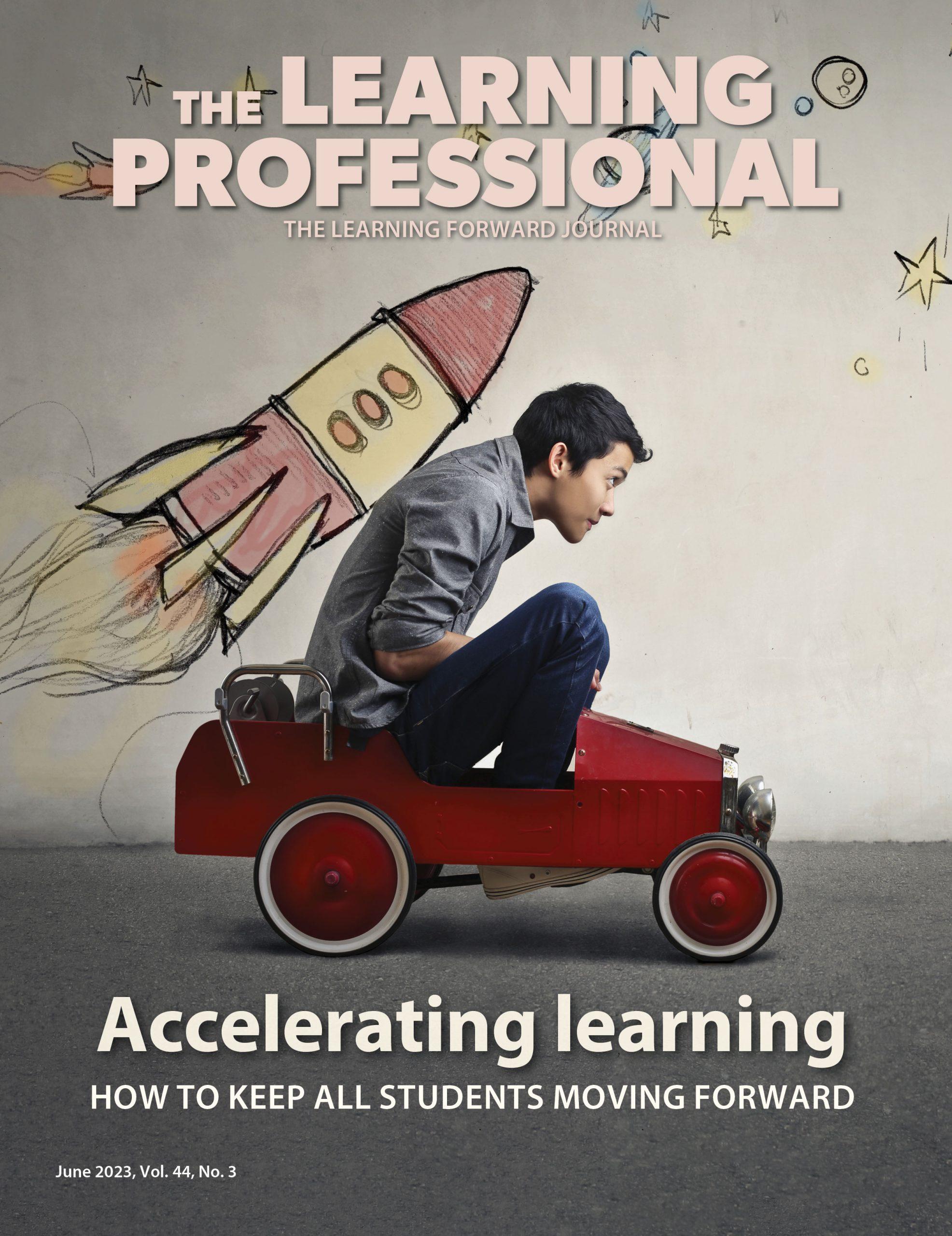FEATURE ARTICLE
The High Cost Of Convenience
Satisfying short-term needs erodes long-term learning
By Learning Forward
Categories: ImplementationApril 2015
Read the remaining content with membership access. Join or log in below to continue.
Sed ut perspiciatis unde omnis iste natus error sit voluptatem accusantium doloremque laudantium, totam rem aperiam, eaque ipsa quae ab illo inventore veritatis et quasi architecto beatae vitae dicta sunt explicabo. Nemo enim ipsam voluptatem quia voluptas sit aspernatur aut odit aut fugit, sed quia consequuntur magni dolores eos qui ratione voluptatem sequi nesciunt. Neque porro quisquam est, qui dolorem ipsum quia dolor sit amet, consectetur, adipisci velit, sed quia non numquam eius modi tempora incidunt ut labore et dolore magnam aliquam quaerat voluptatem.
The Expedient Choice
Often, professionals will satisfice in an effort to protect time. As a principal, I was sometimes surprised to find that when I thought I had consensus, I would learn later that participants had rushed to a “good-enough” solution.
When consensus eventually broke down, participants would explain that they had chosen the first satisfactory option because they were tired of talking about it. The decision satisfied their need for expediency, but it wasn’t sufficient for building consensus. This example meets the classic definition of satisficing, in which participants chose a quick fix that is expedient, but later erodes the decision.
Just Tell Me What To Do
In just about every change initiative, there are always a few who, usually in exasperation, say, “Just tell me what to do.”
Having someone tell us what to do is an easy option and can appear satisfactory, but the complex decisions of excellent teaching and learning are never so simply applied. Lasting change requires deep reflection on practice; shortcuts are doomed to failure.
When a professional does not fully commit to thinking through the change, he will not have sufficient strategies for success. In systems theory, this is called “fixes that fail” in that the solution seems to satisfice, but over the long haul it is eroded by unintended consequences. In an attempt to satisfy the need for compliance, the teacher will find that, in the end, she does not have sufficient depth to adapt to students’ needs.
A Respectful Void
A few years ago, I taught a group of principals about theory-based leadership. No matter what I did, I could not get deep engagement from these principals. They were polite, stayed for the entire day, but something did not work.
At the end, I asked one principal for feedback. She told me, “Don’t feel bad. We treat all consultants the same way. Every time our boss goes to a conference, she brings her latest new idea. We are just sick of it.”
Being professionals, these educators did not want to appear rude, so they placated by giving sufficient attention to be polite, but not satisfying the requirements for deep learning. To be honest, most of us will admit to politely, or even not so politely, just sitting passively through workshops, giving sufficient but not satisfactory attention for learning.
For some of us, we do not want the added distraction of one more initiative. For others, it might feel like a distraction from an already chosen decision path.
Revolving Door Learning
Serial change initiatives create a sense of “false clarity” — the idea that one or two workshops make an expert. So often we hear things like, “We did professional learning communities three years ago, writing prompts last year, and now we are on to Common Core.”
With so many competing demands, it is easy to fall into the trap of revolving door professional learning. The irony is that we ignore the research on professional development that has demonstrated the need for sustained commitment, coaching, and collaborative learning.
By colluding, we adopt a sense of false clarity about the power of professional learning. Short-term gains, while satisfactory for the moment, are never sufficient for long-term change. What appears satisfactory, counting staff development events for a report, is not sufficient for producing intended outcomes.
References
Simon, H.A. (1997). Models of bounded rationality: Empirically grounded economic reason (Vol. 3). Cambridge, MA: Massachusetts Institute of Technology.
Wellman, B. & Lipton, L. (2003). Data-driven dialogue: A facilitator’s guide to collaborative inquiry. Sherman, CT: MiraVia.
Learning Forward is the only professional association devoted exclusively to those who work in educator professional development. We help our members plan, implement, and measure high-quality professional learning so they can achieve success with their systems, schools, and students.
Categories: Implementation
Recent Issues
TAKING THE NEXT STEP
December 2023
Professional learning can open up new roles and challenges and help...
REACHING ALL LEARNERS
October 2023
Both special education and general education teachers need support to help...
THE TIME DILEMMA
August 2023
Prioritizing professional learning time is an investment in educators and...
ACCELERATING LEARNING
June 2023
Acceleration aims to ensure all students overcome learning gaps to do...












